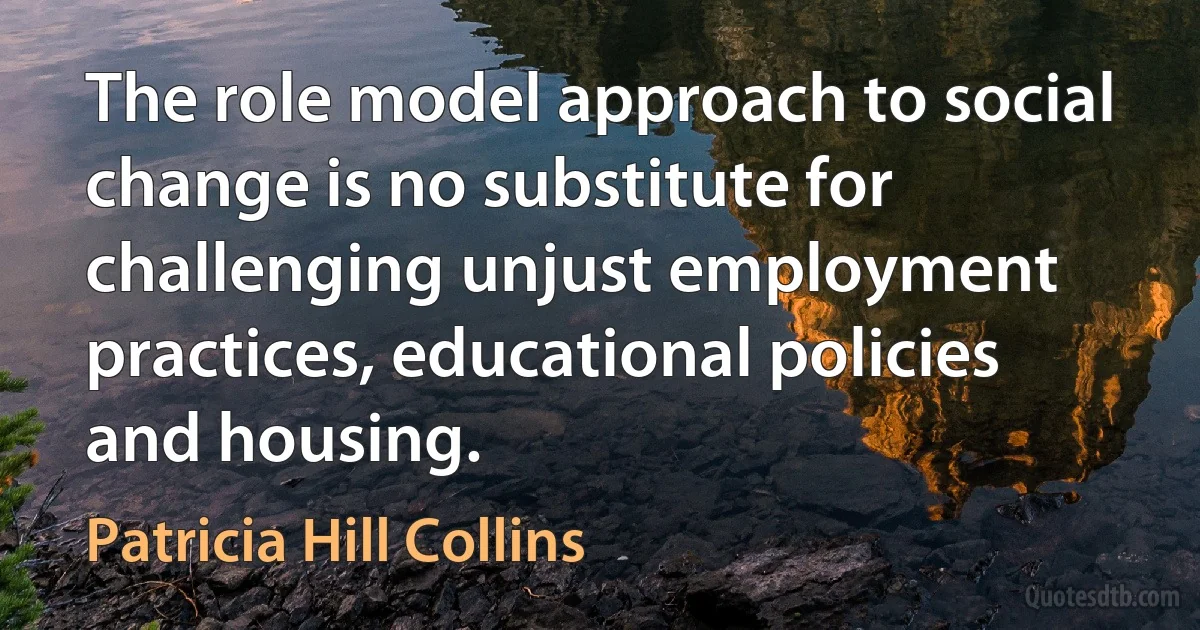Educational Quotes - page 7
They (the British Rulers) devised for us an educational system in which all independence of thought would be stifled from the very first stages of one's school life-for, according to Macaulay, such a system was the best means of obtaining suitable clerks for the offices of the East India Company and, besides, of training obedient subjects.

Muhammad Asad
Education, in general, should not be limited to the acquisition of knowledge and preparation for a career or in common parlance, "to make a better living." We must think in terms of a "better life," not only for the individual, but also for society as a whole. The educational system must, therefore, pay more attention, indeed the main attention, to the building of character, with emphasis on moral and ethical values.

Menachem Mendel Schneerson
Why is it after a century of socialist disasters, and an intellectual legacy that has been time and again exploded, the left-wing position remains, as it were, the default position to which thinking people gravitate when called upon for a comprehensive philosophy? Why are "right-wingers” marginalised in the educational system, denounced in the media and regarded by our political class as untouchable, fit only to clean up after the orgies of luxurious nonsense indulged in by their moral superiors?

Roger Scruton
You will see...many very important differences between our methods of education and yours, but the main difference is that nowadays all persons equally have those opportunities of higher education which in your day only an infinitesimal portion of the population enjoyed. We should think we had gained nothing worth speaking of, in equalizing the physical comfort of men, without this educational equality....

Edward Bellamy
The modern world has largely forgotten, and our educational systems ignore, the primary importance, in the evolution of man, of various types of symbolic communication-the communication embodied in gesture, ritual, dance, music myth, and poetic metaphor. All these modes of expression constitute a language of feeling, a non-discursive form of thought, absolutely essential to our individual development and to the unity of social life.

Herbert Read
What we did see was that industrially the country was in a very queer way. The relation between the workingman and the employer, between labor and capital, appeared in some unaccountable manner to have become dislocated. The working classes had quite suddenly and very generally become infected with a profound discontent with their condition, and an idea that it could be greatly bettered if they only knew how to go about it. On every side, with one accord, they preferred demands for higher pay, shorter hours, better dwellings, better educational advantages, and a share in the refinements and luxuries of life, demands which it was impossible to see the way to granting unless the world were to become a great deal richer than it then was.

Edward Bellamy
When you have a conflict, that means that there are truths that have to be addressed on each side of the conflict. And when you have a conflict, then it's an educational process to try to resolve the conflict. And to resolve that, you have to get people on both sides of the conflict involved so that they can dialogue.

Dolores Huerta
To me, the irony of this involvement with size, as I observed earlier, is the unwillingness or inability of so many Americans to identify themselves with something as vast as the United States. Bigger cars, bigger parking lots, bigger corporate structures, bigger farms, bigger drug stores, bigger supermarkets, bigger motion-picture screens. The tangible and the functional expand, while the intangible and the beautiful shrink. Left to wither is the national purpose, national educational needs, literature and theater, and our critical faculties. The national dialogue is gradually being lost in a froth of misleading self-congratulation and cliche. National needs and interests are slowly being submerged by the national preoccupation with the irrelevant.

J. William Fulbright
Today there is a new class hostile to business in general, and especially to large corporations. As a group, you find them mainly in the very large and growing public sector and in the media. They share a disinterest in personal wealth, a dislike for the free-market economy, and a conviction that society may best be improved through greater governmental participation in the country's economic life. They are the media. They are the educational system. Their dislike for the free-market economy originates in their inability to exercise much influence over it so as to produce change. In its place they would prefer a system in which there is a very large political component. This is because the new class has a great deal of influence in politics. Thus, through politics, they can exercise a direct and immediate influence on the shape of our society and the direction of national affairs.

Irving Kristol
Whereas many socialists have recently put their faith in market socialism, nineteenth-century socialists were, by contrast, for the most part opposed to market organization of economic life. The mainstream socialist pioneers favored something that they thought would be far superior, to wit, comprehensive central planning, which, it was hoped, could realize the socialist ideal of a truly sharing society. And the pioneers' successors were encouraged by what they interpreted as victories of planning, such as the industrialization of the Soviet Union and the early institution of educational and medical provision in the People's Republic of China. But central planning, at least as practiced in the past, is, we now know, a poor recipe for economic success, at any rate once a society has provided itself with the essentials of a modern productive system.

Gerald Cohen
The Assembly passed a budget that makes the right choices for young students across the state by helping schools avoid cutting essential educational programs, laying off teachers and increasing local property taxes. Without a sound investment in our children and their education, New York would face crumbling school buildings, overcrowded classrooms, and few opportunities to excel.

Jose Peralta
Museums are managers of consciousness. They give us an interpretation of history, of how to view the world and locate ourselves in it. They are, if you want to put it in positive terms, great educational institutions. If you want to put it in negative terms, they are propaganda machines.

Hans Haacke
Two conflicting types of educational systems spring from these conflicting aims. One is public and common to many, the other private and domestic. If you wish to know what is meant by public education, read Plato's Republic. Those who merely judge books by their titles take this for a treatise on politics, but it is the finest treatise on education ever written. In popular estimation the Platonic Institute stands for all that is fanciful and unreal. For my own part I should have thought the system of Lycurgus far more impracticable had he merely committed it to writing. Plato only sought to purge man's heart; Lycurgus turned it from its natural course. The public institute does not and cannot exist, for there is neither country nor patriot. The very words should be struck out of our language. The reason does not concern us at present, so that though I know it I refrain from stating it.

Jean-Jacques Rousseau



